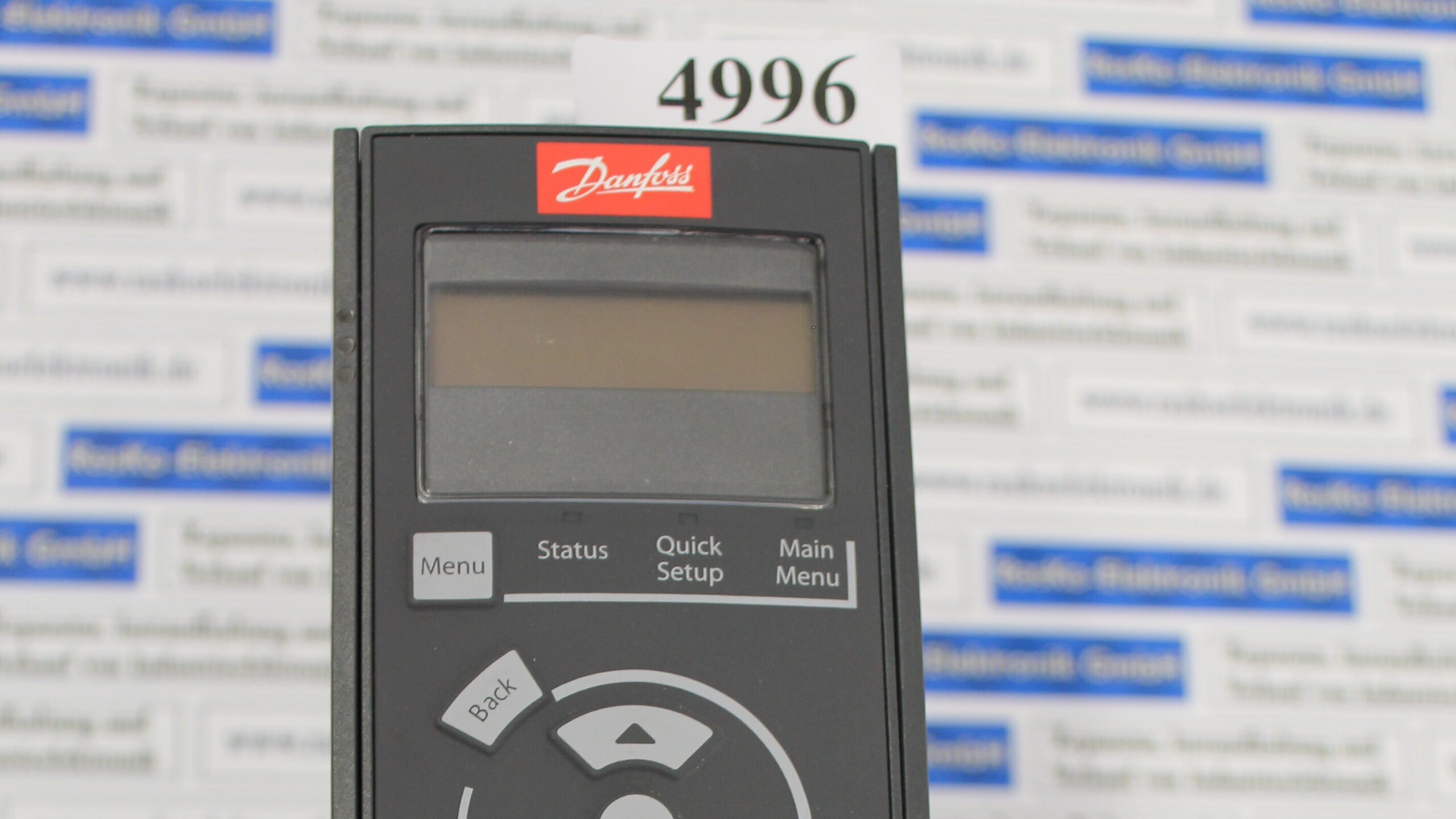Devices utilizing inverter Frequenzumrichter Danfoss SEW Lenze Siemens reparieren lassen often operate more quietly compared to traditional equipment, making them suitable for residential and commercial environments. Inverters provide finer control over electrical systems, allowing for adjustable speeds, voltages, and frequencies, enhancing performance and functionality.
Challenges and Maintenance
While inverters offer numerous benefits, they aren’t without challenges. Components can degrade over time, leading to issues like overheating, voltage fluctuations, or failure. Regular maintenance and occasional repairs are essential to ensure the longevity and efficiency of inverter systems. Timely inspections by qualified technicians help identify and address potential issues before they escalate.
The Future of Inverter Technology
As technology advances, so does the potential for inverter systems. Innovations focus on improving efficiency, reducing size, and increasing compatibility with various power sources. Additionally, advancements in semiconductor technology, such as wide-bandgap materials like silicon carbide (SiC) and gallium nitride (GaN), promise even greater efficiency and performance in future inverter designs.
Inverter technology continues to evolve, playing a pivotal role in enhancing energy efficiency, powering sustainable initiatives, and shaping the future of electrical systems across industries. Its adaptability and efficiency make it an indispensable component in our quest for a more sustainable and technologically advanced world.
